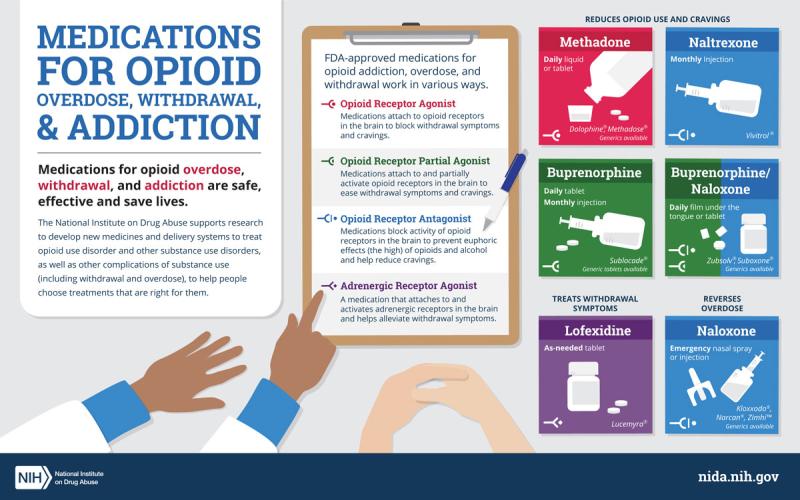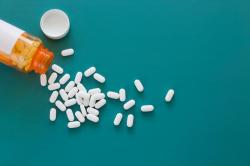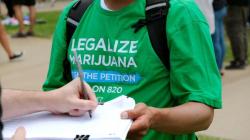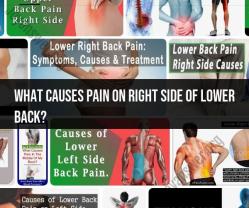What is the treatment for opioid dependence?
The treatment for opioid dependence, now more commonly referred to as opioid use disorder (OUD), typically involves a comprehensive and individualized approach. Here are some common approaches to the treatment of opioid use disorder:
Medication-Assisted Treatment (MAT): MAT involves the use of medications, combined with counseling and behavioral therapies, to address opioid dependence. Common medications include methadone, buprenorphine, and naltrexone. These medications help reduce cravings and withdrawal symptoms, making it easier for individuals to focus on their recovery.
Behavioral Therapies: Various behavioral therapies are used to address the psychological aspects of opioid dependence. Cognitive-behavioral therapy (CBT), contingency management, and motivational enhancement therapy are examples of approaches that aim to modify attitudes and behaviors related to opioid use.
Counseling and Support Groups: Individual counseling and group therapy sessions provide a supportive environment for individuals to explore the underlying issues contributing to their opioid use and develop coping strategies. Support groups, such as 12-step programs like Narcotics Anonymous (NA), offer peer support and a sense of community.
Detoxification: Medically supervised detoxification may be the initial step in treatment, helping individuals safely withdraw from opioids while managing withdrawal symptoms. However, detoxification alone is not considered sufficient for long-term recovery.
Comprehensive Treatment Programs: Many individuals benefit from participating in comprehensive treatment programs that address various aspects of their lives, including physical health, mental health, and social factors. These programs may include medical care, counseling, vocational training, and support for reintegration into the community.
Aftercare and Relapse Prevention: After completing initial treatment, ongoing support is crucial for maintaining recovery. Aftercare plans often include continued counseling, support group participation, and strategies to prevent relapse.
It's important to note that the most effective treatment plans are tailored to individual needs, and a combination of these approaches may be recommended based on the severity of the opioid use disorder and other factors. Seeking professional help from healthcare providers and addiction specialists is crucial for developing an appropriate and effective treatment plan.
Opioid dependence is a chronic condition that can be difficult to treat, but there are many effective options available.
Here are some of the most common treatments for opioid dependence:
- Medication-assisted therapy (MAT) is a combination of medication and therapy that is considered the gold standard for treating opioid dependence. MAT medications, such as methadone, buprenorphine, and naltrexone, help to reduce cravings and withdrawal symptoms, making it easier for people to stay sober.
- Behavioral therapy can help people to identify and address the underlying causes of their opioid use. Therapy can also teach people coping skills and relapse prevention strategies.
- Support groups can provide people with a safe and supportive environment to connect with others who understand what they are going through. Support groups can also offer practical tips and encouragement.
- Detoxification is the process of safely withdrawing from opioids. Detoxification can be done at home or in a medical setting.
- Inpatient or outpatient treatment programs can provide people with a comprehensive treatment plan that includes medication, therapy, and support services.
The best treatment for opioid dependence will vary depending on the individual's needs and circumstances. It is important to talk to a healthcare professional about the different treatment options available and to develop a treatment plan that is right for you.
Here are some additional tips for getting the most out of treatment for opioid dependence:
- Be honest with your healthcare provider about your use of opioids. The more your provider knows about your situation, the better they can help you.
- Be patient. Recovery from opioid dependence takes time and effort. Don't get discouraged if you have setbacks.
- Get support from your loved ones. Having a strong support system can make a big difference in your recovery.
Opioid dependence is a serious condition, but it is possible to recover. With the right treatment and support, you can overcome your addiction and live a healthy and fulfilling life.











